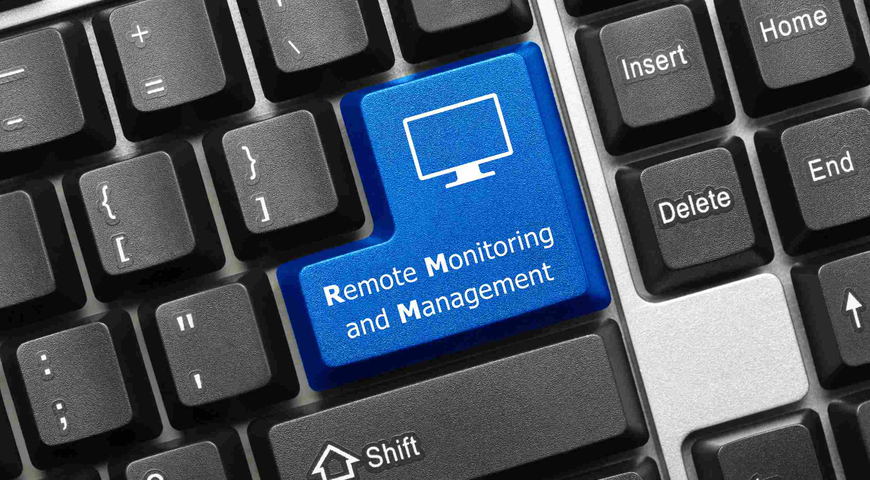The BYOD trend is growing fast — and there's no sign that it'll slow any time soon. Consider the projected growth: The BYOD market was $67 billion in 2011 and will reach $181 billion by 2017, according to MarketsandMarkets. In response, companies are playing offense with remote wiping and other measures to protect company data on those personal devices. The problem? Employees are often left in the dark about what information their bosses have access to, and what could happen when they leave the company.
Seven out of 10 employees who bring their own devices to work don’t trust their employers to keep their information private, according to CIO. The main cause of this trust gap? Lack of communication, says Ashley Verrill, managing editor at Software Advice. What's more, convoluted and complicated language in BYOD policies only adds to the strained relationship. Verrill suggests four ways employers can eliminate the lack of trust in the workplace:
Clearly Communicate the Boundaries
Transparency is an employer's best bet. A good first step to improve communication is to send employees an email about the policy's rules. But take it a step further and have the HR or IT team speak with employees in-person. “Visualizations are always great to dispel these kind of misconceptions,” says Verrill. “If an IT team showed employees what it can and can’t access on the employees’ screen, then employees find it’s more of an aggregate of accessing network settings. It’s not someone literally inside your device who is able to read and access everything.”
Eliminate the All-or-Nothing Mindset
Don't expect employees to give IT access to everything on their devices. A more subtle approach that gives employees control works best. Intel, for example, uses a tiered system to determine what information an employee can access based on the privacy the employee demands, says Verrill.
Separate Personal & Professional Data
A smart way to make employees feel in control is providing data containers that allow employees to separate work and personal information on their devices. “Having that visual indicators and separate portals with separate logins adds to that feeling of separation between data,” adds Verrill. Another solution is to allow employees to keep work and personal data separate on their devices.
Ask for Employee Feedback
Get employees involved and ask what's important to them — before you buy security software or launch a mobility management program. Verrill suggests getting specific feedback: “Instead of asking, ‘What would you not want to see in our BYOD policy?’ ask ‘If we had this policy, on a scale of one to 10 how comfortable would you be with it?’”
Every company's security concerns are different, based on the industry and the type of data that employees access. But transparency and communication are essential to mend broken trust — or, better yet, to not break it in the first place.
h/t: Chief Mobility Officer
[Image via CanStock]
About Acronis
A Swiss company founded in Singapore in 2003, Acronis has 15 offices worldwide and employees in 50+ countries. Acronis Cyber Protect Cloud is available in 26 languages in 150 countries and is used by over 21,000 service providers to protect over 750,000 businesses.



